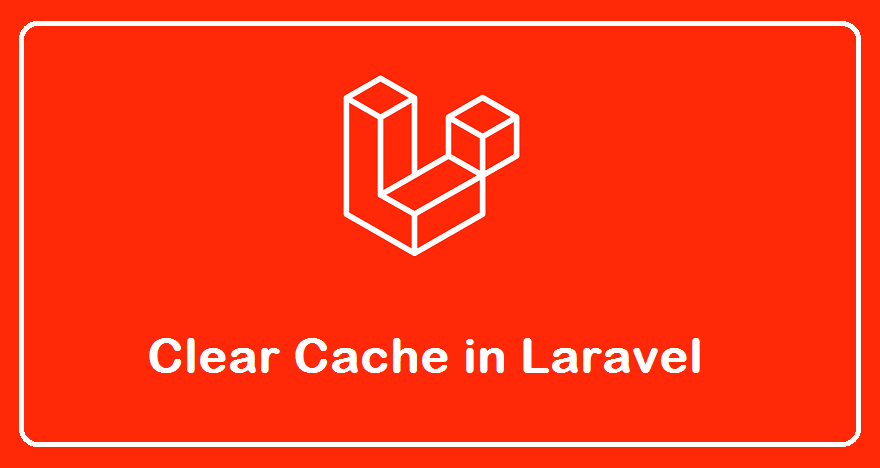This tutorial will help you to create SFTP only user (without ssh access) on CentOS and RedHat systems. The user can connect the server with SFTP access only and allowed to access the specified directory. Users can’t SSH into the server. Follow the below tutorial to create sftp only account. Step 1 – Create Account First of all, create a user account to use for sftp access. Below command will create user named sftpuser with no shell access. sudo adduser –shell /bin/false sftpuser sudo passwd sftpuser Step 2 – Create Directory Now, create the directory structure to be accessible by…
Author: Rahul
If you’re looking to create a mobile app, Ionic Framework is a powerful and popular option that can help you build cross-platform applications with ease. In this article, we’ll walk you through a step-by-step guide to installing and getting started with Ionic Framework on Linux Mint. Step 1: Install Node.js and NPM Before installing Ionic Framework, you’ll need to install Node.js and NPM. These are required for running the framework. To install them, open the terminal on your Linux Mint system and run the following commands to install Node.js and NPM: sudo apt-get install python-software-properties curl -sL https://deb.nodesource.com/setup_16.x | sudo…
This tutorial will help you to create SFTP only user (without ssh access) on Ubuntu systems. The user can connect the server with SFTP access only and allowed to access the specified directory. User can’t SSH into the server. Follow the below tutorial to create sftp only account. Step 1 – Create User First of all, create a user account to use for sftp access. Below command will create user named sftpuser with no shell access. sudo adduser –shell /bin/false sftpuser Step 2 – Create Directory for SFTP Now, create the directory structure to be accessible by sftp user. sudo…
When working with PHP, it’s often necessary to get the absolute path of a file or directory on the server. This is because some functions and scripts require the absolute path to work properly. In this article, we’ll explain what absolute paths are, why they are important, and show you several examples of how to get the absolute path in PHP. What is an Absolute Path? An absolute path is a complete path that starts from the root of the file system and includes all the directories and subdirectories needed to get to a specific file or directory. For example,…
Fedora is a popular, open-source Linux distribution developed by the Fedora Project and sponsored by Red Hat. It’s known for its cutting-edge features, security, and stability, making it a preferred choice for developers, system administrators, and desktop users alike. Fedora releases new versions approximately every six months, offering the latest and greatest in software and driver support. If you’re looking to download Fedora, the DVD ISO images provide a convenient way to install the operating system on your computer. Here’s everything you need to know about downloading Fedora DVD ISO images. Why Choose Fedora? Fedora stands out for several reasons:…
Ubuntu and Debian are popular Linux distributions that come with a large repository of software packages. While these repositories are regularly updated with the latest versions of software packages, sometimes you may need to install a specific version of a package. In this article, we’ll show you how to install a specific package version on Ubuntu and Debian. Method 1: Using apt-get Command The apt-get command is a powerful package management tool that comes pre-installed on Ubuntu and Debian. You can use the apt-get command to install a specific version of a package from the official repository. Here’s how to…
The Winehq team has announced the latest stable release 5.0 on Jan 21, 2020. Its source code is available for download from its official site. You may also use the package manager to install wine. Wine is an Open Source implementation of the Windows API and will always be free software. Approximately half of the source code is written by its volunteers, and the remaining effort is sponsored by commercial interests, especially CodeWeavers. This article will help you to install Wine 5.0 stable release on the Debian 9 Stretch system using the apt-get package manager. Step 1: Configure PPA First…
Ubuntu 18.04 is the latest LTS release available to download. This tutorial has download links to DVD ISO Images of Ubuntu 18.04 LTS release. You can find the Ubuntu 18.04 release notes on its official website. Ubuntu 18.04 LTS Download Links Please find below DVD ISO images download links for Ubuntu Desktop and Ubuntu server edition. You can also use torrent to download images. Desktop Edition ubuntu-18.04.4-desktop-amd64.iso ubuntu-18.04.4-desktop-amd64.iso.torrent Server Edition: ubuntu-18.04.4-live-server-amd64.iso ubuntu-18.04.4-live-server-amd64.iso.torrent Download Ubuntu 18.04 via Command Line You can download any remote file suing wget or curl command line utility. Its simple to use. We use curl to download…
In the fast world of making websites, being quick and efficient is very important. Laravel is a popular PHP framework because it has easy-to-understand tools and syntax. One important part of keeping a Laravel app running well is managing the cache. Caching helps make pages load faster by storing a copy of the page, so the server doesn’t have to process everything again for each request. But to make sure users get the latest content, it’s important to know how to clear the cache properly. This guide will show you how to clear cache in Laravel easily, ensuring your apps…
GIMP (GNU Image Manipulation Program) is a freely distributed software for manipulating images. We can easily optimize the image, convert their type using GIMP. It provides the power and flexibility to designers to transform images into truly unique creations. GIMP is the cross platforms application and available for Linux, Windows, MAC OS, and FreeBSD etc. This article will help you to install the latest Gimp on Debian 9 (Stretch) Linux system. Step 1 – Install GIMP on Debian 9 You have multiple ways for the installation of Gimp on your Debian systems. The default package repository contains an older version…


